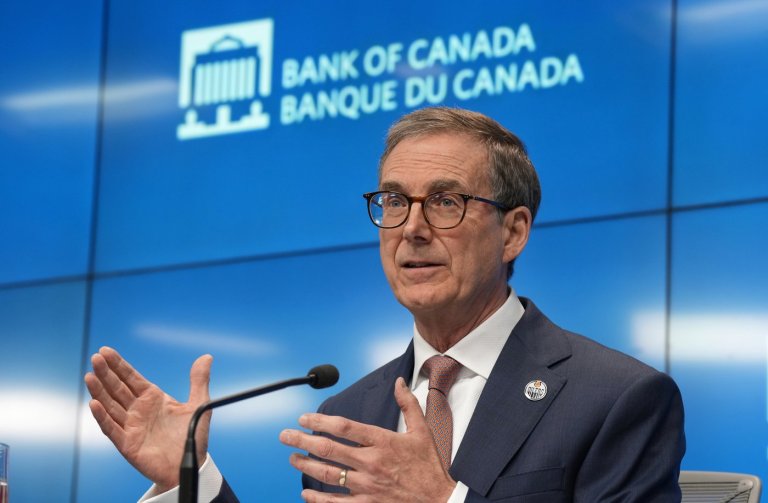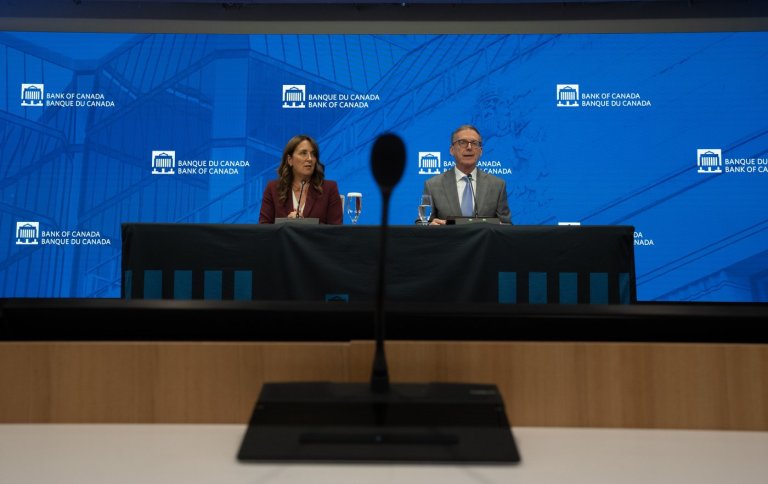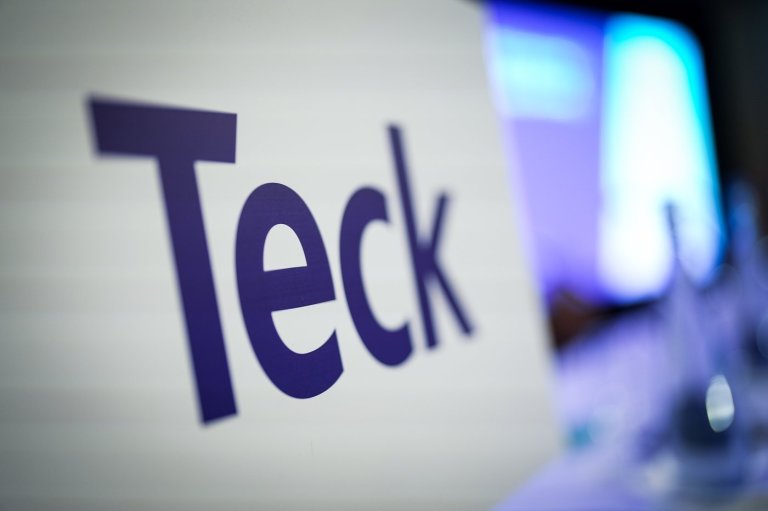
EV advocates call on Ottawa to ease regulations on European vehicles
THE CANADIAN PRESS — Advocates for Canada’s electric vehicle sector want Ottawa to open the door to more European cars to spur competition in Canada.
Former Quebec environment minister Daniel Breton was in Ottawa Tuesday, flanked by a half-dozen heads of various environmental and pro-EV organizations.
While the group offered few details on what they want from the government — other than retaining the EV sales mandate at some level and providing “certainty” for the industry — they did call on Ottawa to ease the regulations on European-made vehicles.
“The rest of the world has vehicle regulations and North America has a unique set that’s different. That’s what blocks all these different models that could come from Europe and from other places,” said Merran Smith, president of New Economy Canada, an advocacy group with 60 members across different sectors.
“Keep in mind, we already have a free trade agreement with Europe. So it shouldn’t be that much of a problem.”
Speaking to reporters Tuesday morning, Industry Minister Mélanie Joly said Canada is looking at ways to bring in more EVs from elsewhere, including Europe, South Korea and Japan.
The EV industry advocates also said they would accept Ottawa easing the EV sales mandate, specifically the requirement that all new vehicles sold in Canada be zero-emission by 2035.
“To us, I think that’s already a step to show we’re being pragmatic,” Breton told reporters.
The current sales mandate would require automakers to ensure a certain percentage of new vehicles sold be zero-emission. The mandate only applies to light-duty vehicles like sedans, SUVs and pickup trucks. Plug-in hybrid vehicles also count toward the sales targets.
Automakers who fail to meet the target could buy credits under a cap-and-trade system, or build electric vehicle charging stations to earn credits.
The mandate was supposed to kick in next year by requiring that 20 per cent of all new vehicle sales be zero-emission, and was supposed to increase steadily until 2035 to 100 per cent.
The federal government earlier this month waived the mandate for 2026 to give the auto sector more liquidity in the face of U.S. tariffs, and launched a 60-day review of the mandate.
Breton also said Tuesday the 100 per cent tariff on Chinese EVs is “a bit high.”
He said scaling back the tariff would have an impact on EV adoption in Canada, where sales sagged in 2025 after the government suspended a rebate program that offered buyers up to $5,000 toward the cost of a new EV.
Joly would not weigh in on whether Canada will reduce the 100 per cent tariff on Chinese EVs, which is to be reviewed by the end of the month.
Canada’s automakers have warned against lowering the surtax on the Chinese-made vehicles, saying the much cheaper models would harm the domestic market.
China imposed heavy tariffs on Canadian canola last month in retaliation for Canada’s tariffs on its EVs.
This report by The Canadian Press was first published Sept. 16, 2025.
Join the Conversation!
Want to share your thoughts, add context, or connect with others in your community?
You must be logged in to post a comment.



















